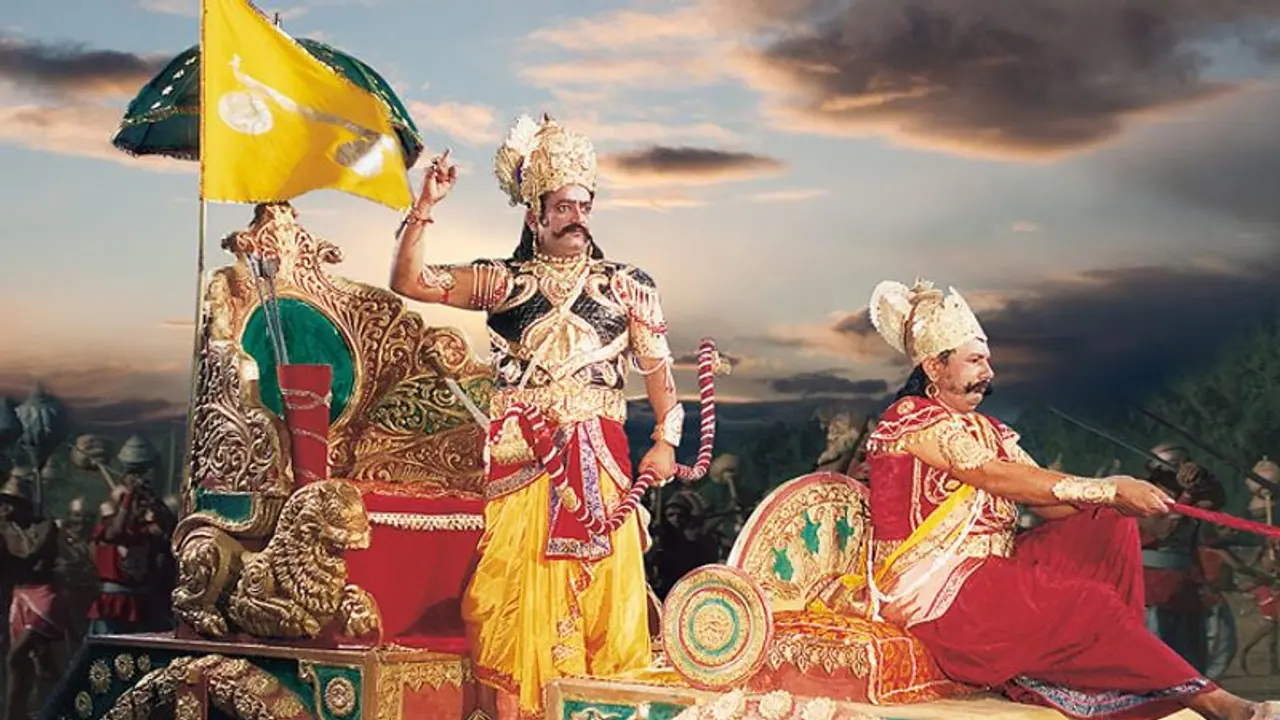If some experts in Sri Lanka and in India have their way, the Wright brothers may end up losing their status as the world's first aviators someday.
If some experts in Sri Lanka and in India have their way, the Wright brothers may end up losing their status as the world's first aviators someday. Back in the spotlight is mythological figure King Ravana and the belief that his 'Pushpak Vimana' was the first aircraft ever to operate in the world. In 2020, Sri Lanka's civil aviation authority launched a research project searching for evidence of Ravana's aircraft and his aerial routes. Some reports said that the then Sri Lankan government even gave a grant of Rs 50 lakh to initiate the research.

Turns out, that line of thought isn't just gaining popularity in Sri Lanka alone, but in India as well. Asianet Newsable reached out to some experts to gain their views on the same. According to historian Dr Shalvapillai Iyengar, "Whatever is mentioned in Ramayana and Mahabharata are not just an imagination. Definitely, some sort of physical vehicles were there. So the research will help to find out what was the methodology and scientific terms and science was there at the time, definitely, it may lead to some clue."
"Even today many pieces of evidence exist in India. If you observe, Thanjavur Temple tower is 215 meters high. Even in Pattadakal and Aihole, the temples are intact. Even in Puri Jagannath and Pashupatinath in Nepal and even in Kedarnath the temples are intact. Despite calamities, there was no leaning of the temple tower in Thanjavur. There was no damage to the Pashupathinath temple in Nepal during the earthquake that struck the country. This is all because of 'Vaastu Vignana' (Vaastu science)," he said.
"If you clearly observe in Ramayana and Mahabharatha, we see it as history. For the Indian community, it is a part of history. At the time of puja in the temple, the priest will first give an introduction to Indian history and begin verses from holy scriptures. 1100 years ago when India was invaded, this legacy stopped. Continuation of heritage and legacy and the knowledge they (Kings) had was impacted," Dr Iyengar, chairman of the Department of Ancient History and Archeology at the Karnataka State Open University, Mysuru said.
"Not just 'Pushpaka Vimana', hundreds of 'Vimanas' are explained. Bharadwaj's Vamana shastra explained what are the materials that should be used and how to fly and all. Even at the time of Satavahana's around 1st century AD, king Hala's 'Gatasaptasati', Gunadhya's 'Brihatkatha' and others, these 'Vimanas' are explained. Maybe if we do some research, we can find something," he said.
"In the contemporary world, we are facing many issues, number one is petrol. There is a scarcity and also the rates are going high. They may be wanting to find an alternative to energy sources or natural energy sources. That may be very helpful," he said, adding, "Indian technology or ancient technology, if you take like Greek and Egypt, everything is existing even today and they may be thinking some research may help in the longer run. That may be the Sri Lankan government's idea."
Laying out evidence, the historian said that 25 years ago, Dr S R Rao conducted his research on oceanography in Dwarka and Goa, and found the remains of Dwaraka. "The Northern Black Polished Ware Culture also had researched in North India and found pottery indicating Mahabharata had happened. Ramayana and Mahabharata have happened and this is what Indian's believe," he concluded.
Also Read
Kartarpur Corridor all set to reopen from tomorrow ahead of Guru Purab
Kerala Floods: 15 flaws that CAG found in state's preparedness
